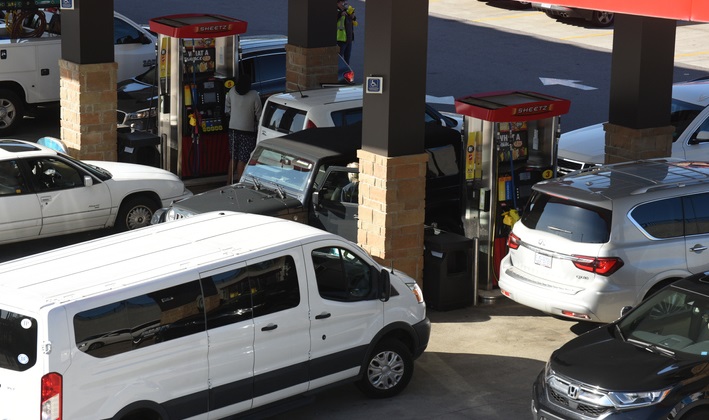Introduction. The gasoline crisis of 1973 marked an amazing moment in the history of the United States, triggering widespread panic and disruption due to an abrupt shortage of fuel. The crisis was primarily fueled by geopolitical tensions in the Middle East, leading to an embargo on oil exports by the Organization of Petroleum Exporting Countries (OPEC). As a response to the shortage, the United States implemented various measures to conserve fuel, one of the most notable being the odd/even license plate rule.
What started the gas crises. The seeds of the gasoline crisis were sown in the aftermath of the Yom Kippur War in October 1973. Arab nations, primarily members of OAPEC, declared an oil embargo against nations perceived as supporting Israel, including the United States. The embargo led to a drastic reduction in oil supplies, causing oil prices to skyrocket globally and prompting severe shortages in the United States.
Impact on the United States. The sudden surge in oil prices and the subsequent scarcity of fuel had a profound impact on American society. Long lines formed at gas stations as people rushed to fill their tanks before supplies ran out. Businesses were disrupted, and the overall economic landscape experienced a downturn. The crisis highlighted the vulnerability of the United States’ dependence on foreign oil and underscored the need for energy independence. We (the US) have been careful ever since then to make sure that we are not ever again as dependent on foreign oil as we were then. Please see “Lessons Learned” below.
Odd/Even License Plate Rule. In response to the gasoline shortage, various measures were implemented to conserve fuel, and one of the most controversial and memorable measure was the odd/even license plate rule. This rationing system, implemented in many states, regulated the days on which individuals could purchase gasoline based on whether their license plate ended in an odd or even number. On odd-numbered days, only vehicles with license plates ending in an odd number were allowed to buy fuel, and vice versa for even-numbered days. This was nuts. Those of us who remember living through this can attest to how crazy this was.
Public Reaction and Challenges. The odd/even license plate rule was met with a mixed response from the public. While some saw it as a necessary and fair way to distribute limited resources, others viewed it as an inconvenience and an infringement on personal freedom. The implementation of the rule also posed logistical challenges, with law enforcement and gas station attendants struggling to enforce the regulations and manage the long lines of vehicles.
Lessons Learned. The gasoline crisis of 1973 and the odd/even license plate rule highlighted the need for the United States to diversify its energy sources and reduce its dependence on foreign oil. In the aftermath of the crisis, there was increased focus on developing alternative energy solutions and promoting energy efficiency. The experience also underscored the importance of strategic planning and preparedness to mitigate the impact of unforeseen events on essential resources.
Conclusion. The gasoline crisis of 1973 and the odd/even license plate rule serve as important historical markers, illustrating the interconnectedness of global events and their impact on everyday life. The crisis prompted a reevaluation of energy policies in the United States and spurred efforts to enhance energy security. While the odd/even license plate rule may have been a temporary and contentious solution, it played a role in raising awareness about the fragility of the nation’s energy infrastructure and the need for long-term, sustainable solutions.


Get involved!
Comments